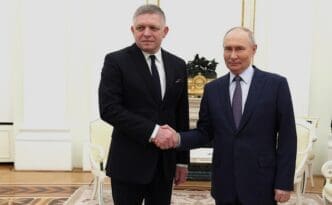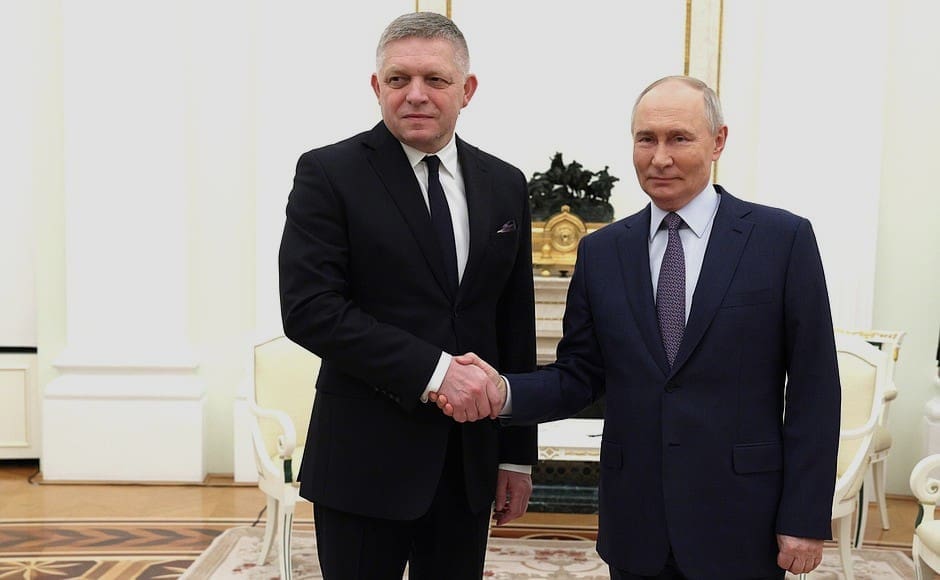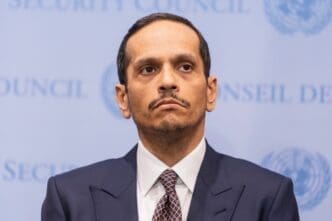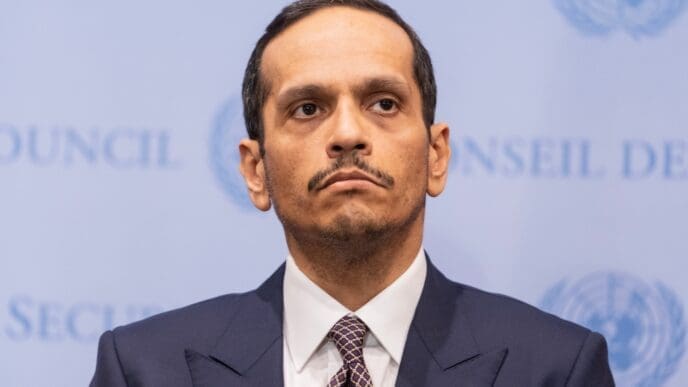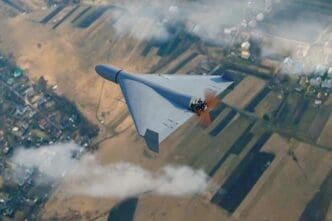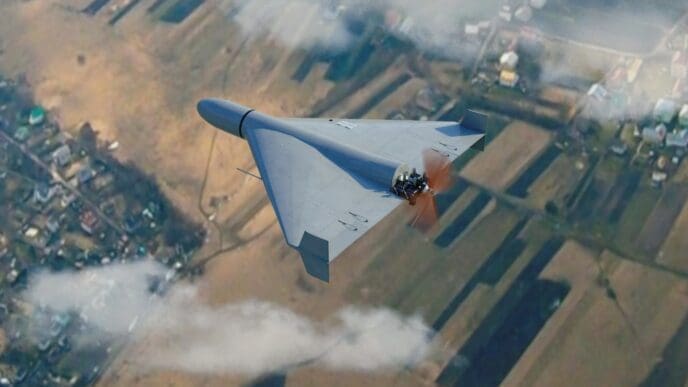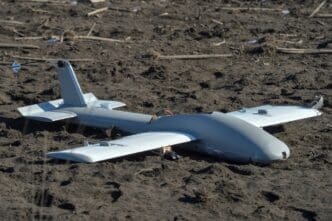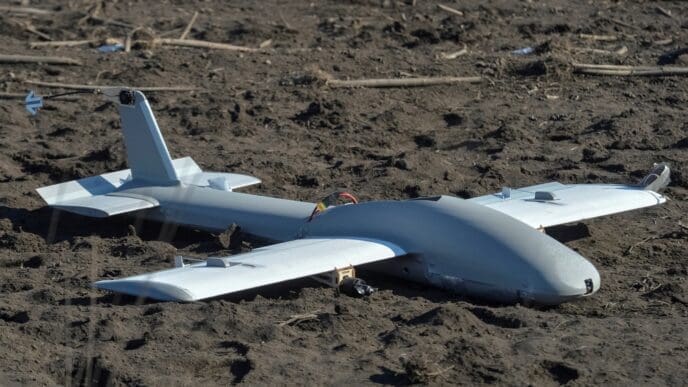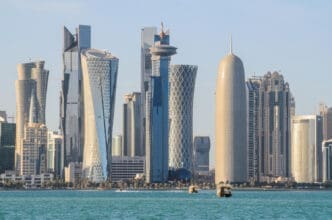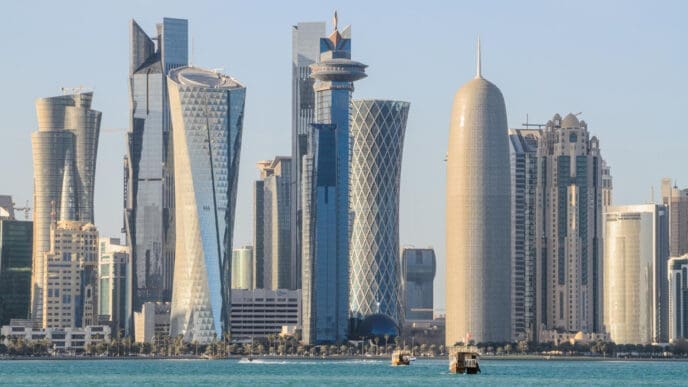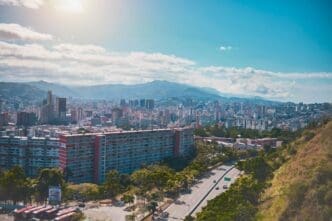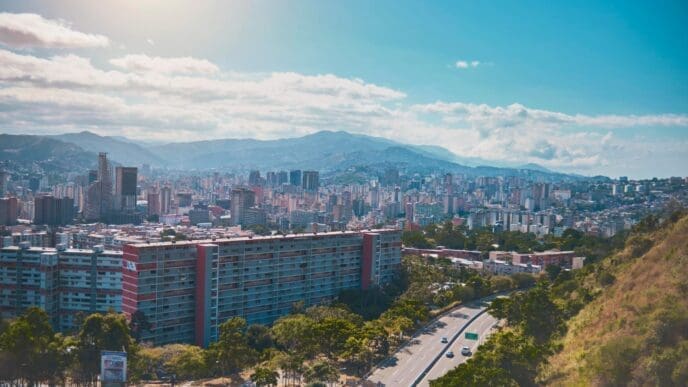Protests have erupted in several Slovakian cities in response to newly approved legislation that critics argue could restrict free expression and hinder the operations of nongovernmental organizations. Demonstrators gathered in Freedom Square in Bratislava, the capital, expressing concerns that the measure resembles Russia’s contentious “foreign agent” law. This law has faced widespread criticism for being repressive.
After rallying in the square, protesters marched to the presidential palace, urging President Peter Pellegrini to veto the bill. Chants such as “No to the Russian law” and “Slovakia is Europe” resonated throughout the march. The legislation, passed by parliament on April 17, has the backing of Prime Minister Robert Fico, who has a history of opposing NGOs.
President Pellegrini, who is aligned with Fico, has yet to publicly comment on the bill, although he has recently expressed skepticism about some of Fico’s policies. He has until May 2 to make a decision regarding the legislation.
The proposed law mandates that NGOs disclose reports detailing their leadership and any donors contributing more than €5,000 annually. The government claims this will enhance transparency in the financing and operations of civil groups. However, an analysis by Via Iuris, a non-profit organization, contends that the law contravenes the constitution, infringing on rights such as privacy, freedom of expression, and freedom of association, as well as violating European Union regulations. They argue that the law aims to “stigmatize and limit the activities of civic groups.”
The protests in Bratislava and five other cities are part of a broader wave of dissent, sparked by Fico’s December visit to Moscow for discussions with Russian President Vladimir Putin. Fico plans another trip to Moscow for a military parade on May 9, commemorating the 80th anniversary of Nazi Germany’s defeat in World War II. Notably, no other European Union leaders have announced similar plans.
Organizers have revealed that protests are scheduled in 20 additional locations across Slovakia and abroad on Friday. Fico, a polarizing figure both domestically and internationally, returned to power in 2003 after his leftist Smer (Direction) party secured a parliamentary victory on a platform favoring Russia and opposing the United States.
His administration has also initiated changes to public broadcasting, aiming to bring public television and radio under government control. Critics argue that this, along with a penal code amendment to eliminate a special anti-corruption prosecutor, indicates Fico’s efforts to steer Slovakia towards a more autocratic governance model.

